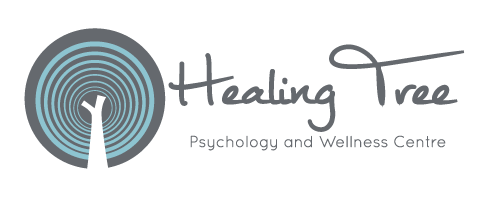Bubble baths, getting a massage, going for a nature walk. These are probably the first things that come to mind when thinking of self-care. And while each of these activities may function as self-care in any given instance, it’s not the activity itself that constitutes self-care. Then what does?
Self-care is being highly attuned to one’s inner state, which can include emotions, physical sensations, or thought patterns, being able to deduce the need behind them, and take appropriate action to meet those needs. It is a slightly more complex process than simply saying, “I’m tired and need a break, I think I’ll take a bath.” Let’s run through an example to see what that means.
Check in with yourself.
This is key! It starts with the simplest of actions; stop, drop and breathe. Developing the habit to take pause throughout the day, no matter what you’re doing, helps you to stay connected to yourself. Dropping your awareness out of your head or whatever is going on “out there” and into your body is where the magic happens. Life is experienced in the body, and it holds the key to your current inner state. The act of taking a simple, conscious breath can shift you quickly and easily into that state of self-awareness, where you can take stock of what might be going on. Are you feeling tense or on edge? Are you tired, hungry or is some other basic physical need calling for attention? Are you worried about an upcoming event? Are you angry about something that happened earlier in the day?
Figure out the need.
Based on what cues you were able to pick up on, you can then try to determine what need is behind it. Some will be relatively straightforward – “I’m tired, and I need a bit of a break today” – but others may be more complex. Sometimes there’s a whole medley of emotions, and it’s not clear what they are. Sometimes the emotion is clear, but what might be causing it is not. And sometimes both the feelings and causes might be clear, but the actual need is not! Lots of patience, compassion and practice are critical here. This is a skill, one that you can build, but it can take time. This is where a skilled therapist can help.
Try to meet the need.
Notice my use of the word “try.” Perfection is not the aim, just the attempt to meet the need as closely as possible given current circumstances. Sometimes the action required actually is as simple as a bubble bath or a short walk to clear your mind, but some situations require a more complex set of steps to fully address what’s going on. For example, if you’re angry at your partner for something he or she said, the short-term need might be a few deep breaths to calm yourself; the medium-term action, a planned conversation to clear the air with your partner; and in the case of recurrent conflict, a longer-term plan of sorting through how to repair the relationship or even whether that’s possible. The important thing is that you do your best at any given moment, and treat it like a process so that over time you become more skilled at meeting your own needs.
While this is just a quick overview of what self-care is (and I have a series of blog posts planned to explore this topic in more depth), I hope this post helps to reorient your concept of self-care from a fluffy buzzword (Take Time For YOU!) to the courageous act of self-love that it really is. Self-compassion, and a willingness to be curious about who you really are and what you need, can help you turn self-care from yet another thing you should be doing into a process of building a deeper relationship with yourself.

